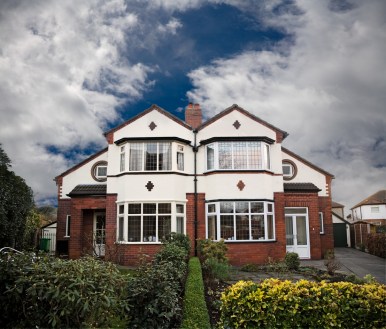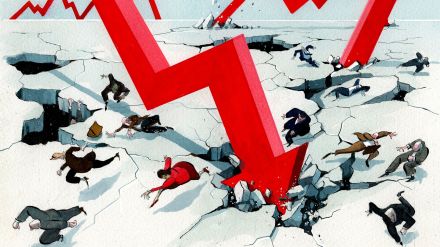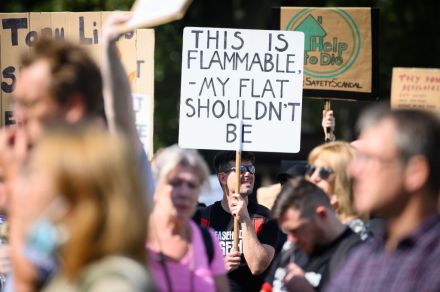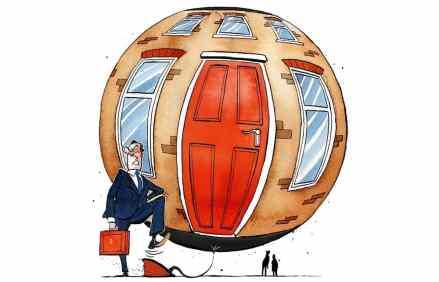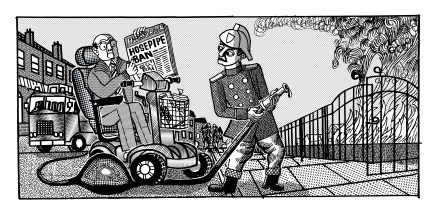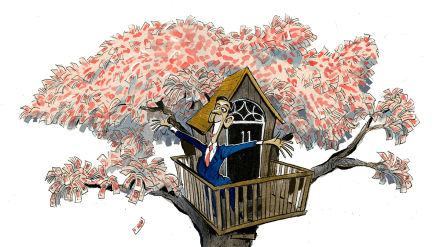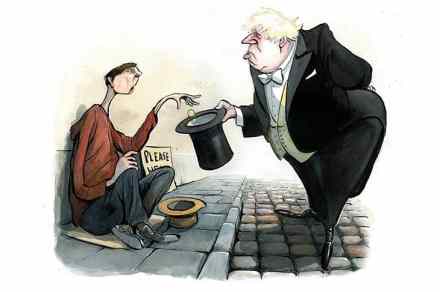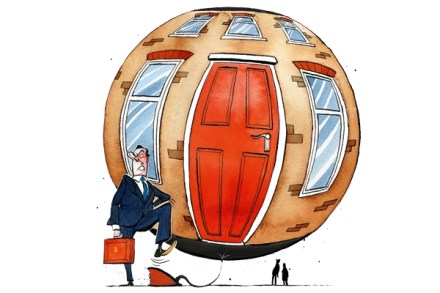Who uses Grindr?
Meet market Who uses the gay dating app Grindr? – The site claims 27m users worldwide, 80.5% of whom identify as gay. – 13m users are active on a monthly basis. Some 923,000 are paid users. – 80% are younger than 35. – 39% are single. – 48% are in the US. – The average user is on the site for 60 minutes per day. – The ‘explore’ feature – which allows users to see who on the app lives in a particular town or city – is accessed more in London than any other city in the world. – Grindr accounts for 3% of global use of dating apps.






